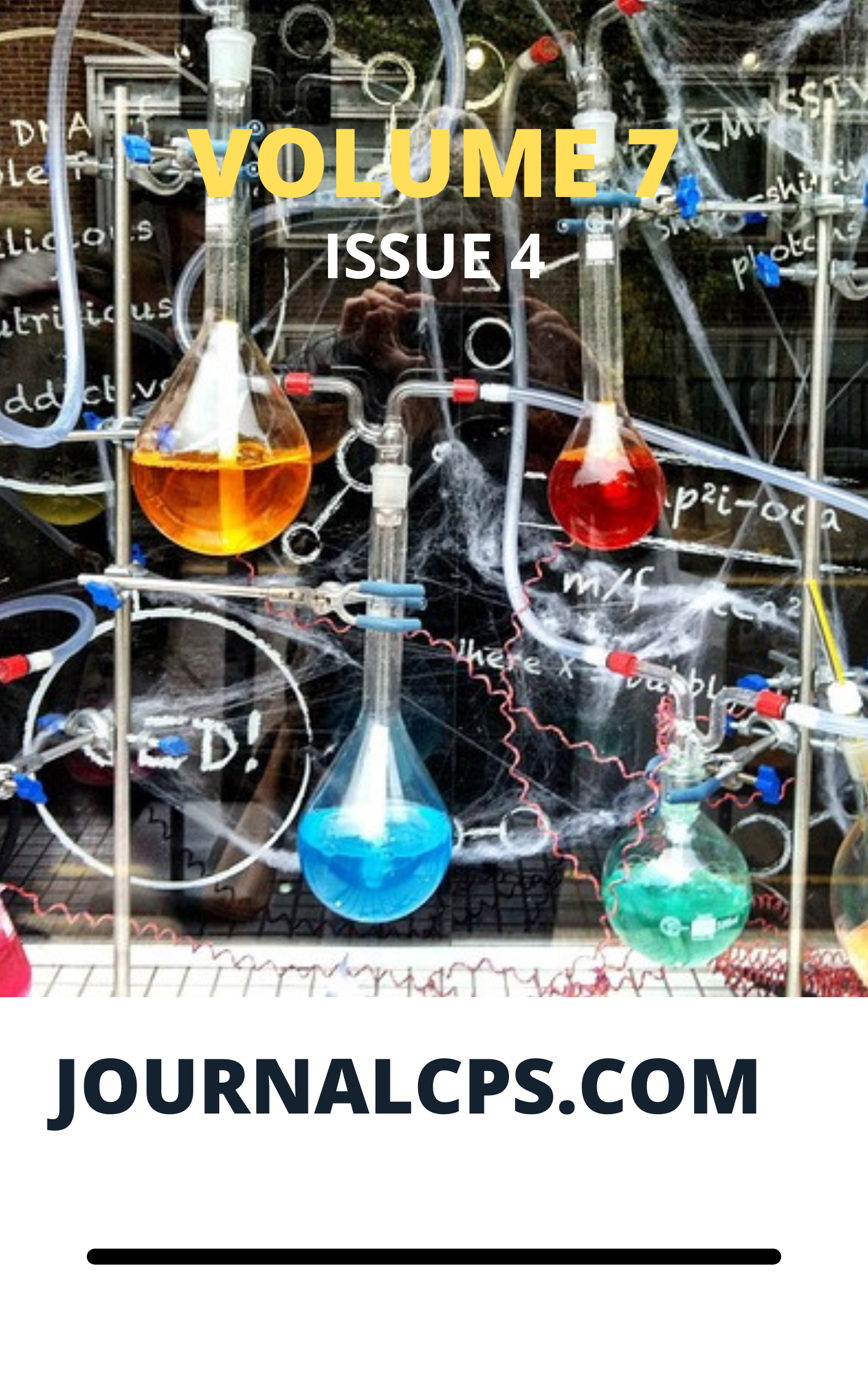A Deep Neural Network Approach for Cancer Types Classification Using Gene Selection
Keywords:
Deep Learning, Artificial intelligence Neural Network, Autoencoder, K-Nearest Neighbor, Deep Recurrent Neural NetworkAbstract
Florence Omada Ocheme, Hakeem Adewale Sulaimon and Adamu Abubakar Isah
Cancer classification research is one of the significant areas of exploration in the clinical field. Exact forecasting of various tumor types is an extraordinary challenge and giving an exact forecast will have incredible worth in giving better treatment to the patients. In recent years, many analysis-based investigations have led to the revelation of information on disease subtypes, that has generated high throughput innovations Lately, researchers have attempted to dissect a lot of microarray information for getting significant data that can be utilized in malignancy grouping. To accomplish this objective, one can utilize K-Nearest Neighbor, Neural Networks, Decision Tree, Support Vector a that would provide approaches needed to break down microarray information towards the choice of best separating quality called biomarker. These machine learning methodologies had the inherent ability to represent the time varying behavior of the underlying biological network that allows for a better representation of spatiotemporal input-output dependencies. Therefore, the exploitation of time series data regarding deep learning has to have become a valuable strategy for deciphering stochastic processes, such as gene expression and classification. Therefore, in this study, another intriguing strategy is introduced to improve the performance of neural networks utilizing deep autoencoder neural networks. This was accomplished through the choice of the first, relevant data, which was being extracted with a Deep Neural Network hidden layer used to train an autoencoder for the classification of the cancer malignancy based on the second stack autoencoder network. The outcome from the proposed experiment was evaluated with the current techniques. Overall, the proposed deep autoencoder accomplished classification accuracy of 99.2% as against the current Modified KNN and SVM which obtained 96.1% and 98.1% respectively.
Downloads
Published
Issue
Section
Similar Articles
- Michael Oladipo Akinsanya, Oluwafemi Clement Adeusi, Kazeem Bamidele Ajanaku, A Detailed Review of Contemporary Cyber/Network Security Approaches and Emerging Challenges , Communication In Physical Sciences: Vol. 8 No. 4 (2022): VOLUME 8 ISSUE 4
- Itoro Esiet Ukpe, Oluwatosin Atala, Olu Smith, Artificial Intelligence and Machine Learning in English Education: Cultivating Global Citizenship in a Multilingual World , Communication In Physical Sciences: Vol. 9 No. 4 (2023): VOLUME 9 ISSUE 4
- Ayomide Ayomikun Ajiboye, Investigating the Role of Machine Learning Algorithms in Customer Segmentation , Communication In Physical Sciences: Vol. 12 No. 2 (2025): VOLUME 12 ISSUE 2
- Emmanuel Oluwemimo Falodun, Faith, Technology, and Safety: A Theoretical Framework for Religious Leaders Using Artificial Intelligence to Advocate for Gun Violence Prevention , Communication In Physical Sciences: Vol. 8 No. 4 (2022): VOLUME 8 ISSUE 4
- Joy Nnenna Okolo, A Review of Machine and Deep Learning Approaches for Enhancing Cybersecurity and Privacy in the Internet of Devices , Communication In Physical Sciences: Vol. 9 No. 4 (2023): VOLUME 9 ISSUE 4
- Ololade Omosunlade, Curriculum Framework for Entrepreneurial Innovation among Special Needs Students in the Age of Artificial Intelligence , Communication In Physical Sciences: Vol. 11 No. 4 (2024): VOLUME 11 ISSUE 4
- Samira Sanni, A Review on machine learning and Artificial Intelligence in procurement: building resilient supply chains for climate and economic priorities , Communication In Physical Sciences: Vol. 11 No. 4 (2024): VOLUME 11 ISSUE 4
- Abdulateef Oluwakayode Disu, Henry Makinde, Olajide Alex Ajide, Aniedi Ojo, Martin Mbonu, Artificial Intelligence in Investment Banking: Automating Deal Structuring, Market Intelligence, and Client’s Insights Through Machine Learning , Communication In Physical Sciences: Vol. 8 No. 4 (2022): VOLUME 8 ISSUE 4
- Emmanuel Gbenga Dada, David Opeoluwa Oyewola, Stephen Bassi Joseph, Deep Convolutional Neural Network Model for Detection of Sickle Cell Anemia in Peripheral Blood Images , Communication In Physical Sciences: Vol. 8 No. 1 (2022): VOLUME 8 ISSUE 1
- Temitope Deborah Babayemi, Nafisat Olabisi Raji, Osita Victor Egwuatu, Oludoyi Mayowa Olumide, Integrating Artificial Intelligence with Assistive Technology to Expand Educational Access through Speech to Text, Eye Tracking and Augmented Reality , Communication In Physical Sciences: Vol. 7 No. 4 (2021): VOLUME 7 ISSUE 4
You may also start an advanced similarity search for this article.




